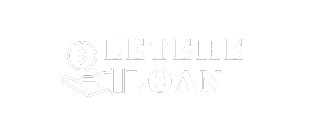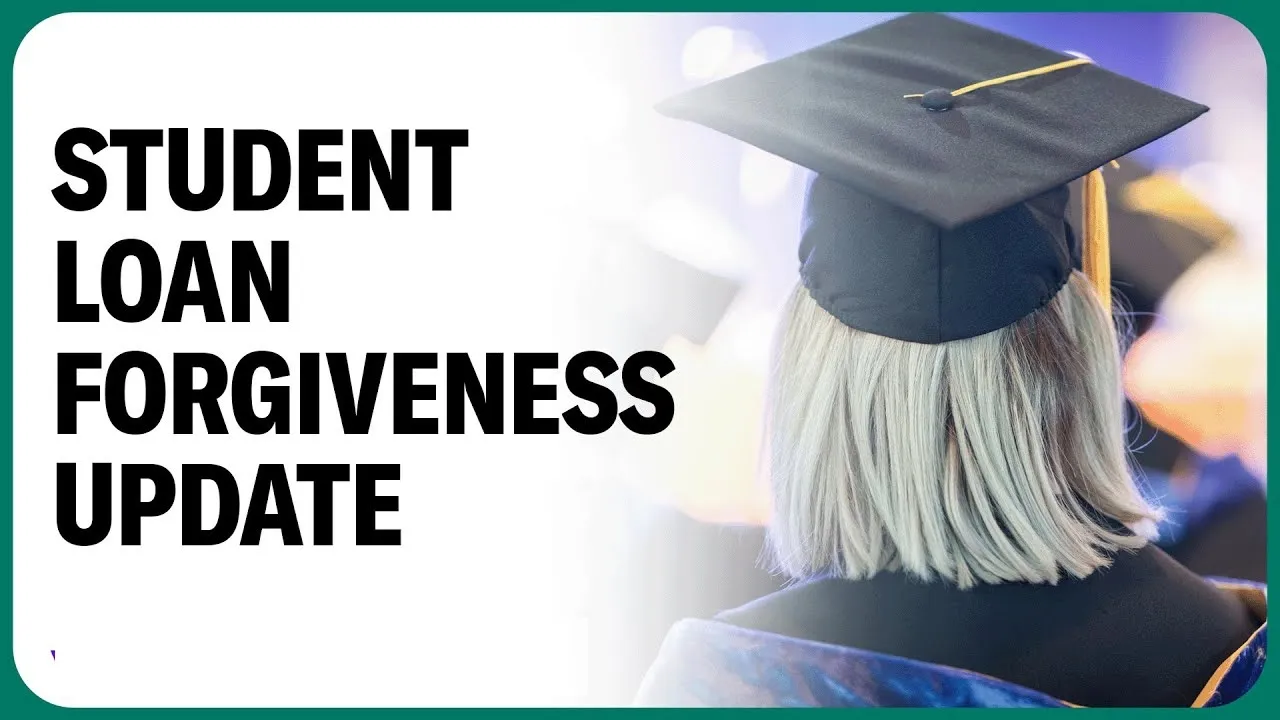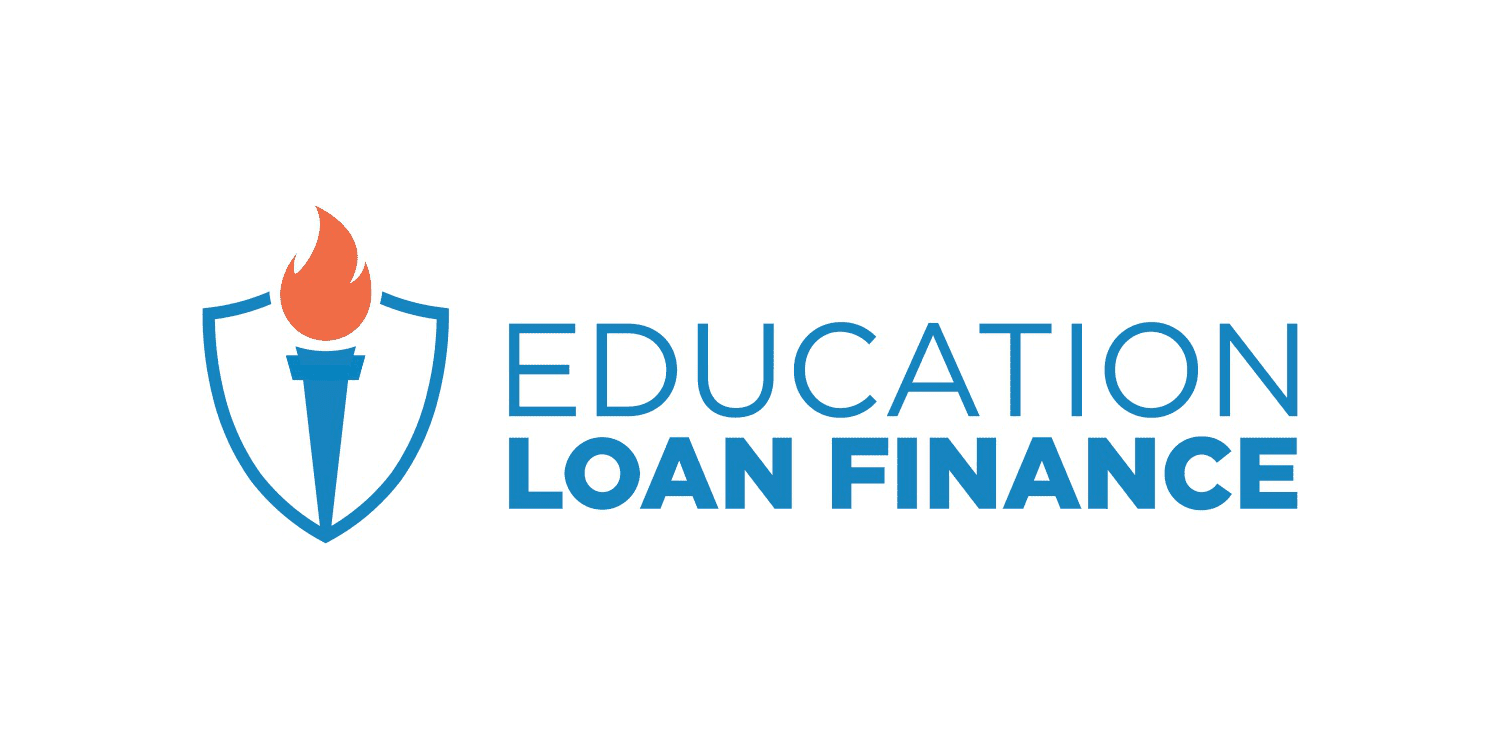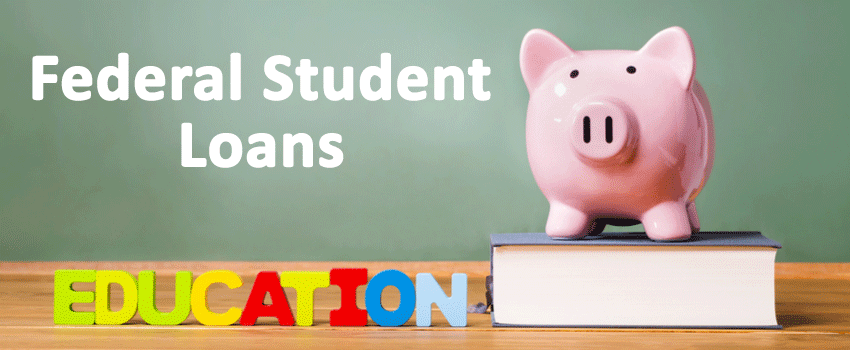Paying for a child’s higher education is one of the most significant financial challenges many parents face today. College tuition fees have soared in recent decades, and for many families, saving enough for college education can seem out of reach. In these circumstances, education loans for parents provide a practical solution to help bridge the gap between the cost of tuition and the financial resources available.
Education loans for parents are specifically designed to assist parents in funding their child’s education, and understanding these loans is crucial for making informed decisions about how to finance a child’s college education. This article will provide a detailed overview of the different options available for education loans for parents, how they work, eligibility requirements, and the pros and cons of each option. By the end, parents will have a clearer understanding of which education loan might be best suited to their unique financial situation.
Key Takeaways
- Federal Parent PLUS Loans offer fixed interest rates and flexible repayment options but require good credit and are the primary option for many parents.
- Private loans may offer lower interest rates for borrowers with excellent credit, but they are not eligible for forgiveness programs and come with fewer repayment options.
- Home equity loans can be a more affordable option for some parents but involve using their home as collateral.
- Repayment options for both federal and private loans can vary, so understanding the terms is crucial before taking out a loan.
- It’s important for parents to weigh their loan options carefully and consider how their choice fits into their overall financial plan.
Why Should Parents Consider Education Loans?

The cost of higher education in the U.S. has skyrocketed, leaving many students with few options other than taking out student loans. However, while students are often able to borrow funds through federal loans, there are limits to how much they can borrow. Parents, on the other hand, are eligible for different types of education loans that can help cover the full cost of their child’s education.
Education loans for parents offer several advantages:
- Access to Larger Loan Amounts: Federal and private loans designed for parents often allow for larger loan amounts compared to loans available to students.
- Lower Interest Rates (Federal Loans): Some federal loans, such as the Parent PLUS Loan, offer competitive interest rates compared to private loans.
- Flexible Repayment Options (Federal Loans): Federal education loans for parents typically offer more flexible repayment options and potential deferment or forbearance if needed.
Types of Education Loans for Parents
When it comes to funding a child’s education, there are two primary categories of loans available to parents: federal loans and private loans. Understanding the differences between these options is crucial in selecting the right loan.
1. Federal Parent PLUS Loans
One of the most common education loans for parents is the Parent PLUS Loan, a federal loan offered through the U.S. Department of Education. The Parent PLUS Loan is specifically designed for parents of dependent undergraduate students who are enrolled at least half-time at an accredited institution. These loans allow parents to borrow up to the full cost of their child’s education, including tuition, fees, room, and board, minus any other financial aid the student has received.
Key Features:
- Loan Amount: Parents can borrow up to the total cost of their child’s education, less any other financial aid.
- Eligibility: Parents must have a good credit history to qualify. However, there is no requirement for the parent to demonstrate financial need.
- Interest Rate: As of the 2023-2024 school year, the interest rate on Parent PLUS Loans is 8.05%. This is a fixed rate that remains the same throughout the life of the loan.
- Repayment Terms: Repayment begins immediately after the loan is disbursed, but parents can request a deferment while the student is in school. Parents can also choose to repay the loan through various repayment plans, including a standard 10-year plan or income-contingent repayment options.
- Loan Forgiveness: Parent PLUS Loans are eligible for Public Service Loan Forgiveness (PSLF), provided the borrower works in a qualifying public service job and meets other requirements.
Pros:
- High loan limits that can cover the full cost of education.
- Fixed interest rate and a relatively straightforward application process.
- Repayment flexibility, including deferment options while the student is in school.
Cons:
- Requires a credit check and a good credit history to qualify.
- Higher interest rates than other federal loans.
- Parent is responsible for the full repayment, which can place a significant financial burden on the parent.
2. Private Education Loans for Parents
In addition to federal options, there are also private loans available for parents through banks, credit unions, and other private lenders. Private loans can be used to fill the gap after federal loans, grants, and scholarships have been applied. These loans are generally available to parents whose credit history is strong, as lenders typically require a good credit score for approval.
Key Features:
- Loan Amount: Parents can borrow up to the cost of their child’s education, including tuition, fees, room, and board, less any other financial aid received.
- Eligibility: Parents with a strong credit history may qualify for private loans, although some lenders may also offer loans to those with less-than-ideal credit scores.
- Interest Rate: Interest rates for private loans can be fixed or variable, depending on the lender. Rates vary significantly based on the borrower’s creditworthiness. Private loans may offer lower rates for borrowers with excellent credit scores, but these rates can be higher for those with lower credit scores.
- Repayment Terms: Repayment terms for private loans are determined by the lender, and the repayment period can vary. Some private lenders offer deferment options or flexible repayment terms, but it’s essential to review the specific lender’s terms.
- Loan Forgiveness: Private loans are typically not eligible for federal loan forgiveness programs like PSLF.
Pros:
- Potentially lower interest rates for borrowers with good credit.
- Flexible loan terms and repayment options, depending on the lender.
- No requirement for a credit history check with some lenders, making it accessible to a broader range of parents.
Cons:
- Interest rates can vary significantly and may be higher for those with poor credit.
- Less repayment flexibility compared to federal loans.
- Private loans are not eligible for federal loan forgiveness programs.
- Private loans may have less borrower protection than federal loans.
3. Home Equity Loans or Lines of Credit
Another option for parents looking to finance their child’s education is using their home equity. Home equity loans (HEL) and home equity lines of credit (HELOC) allow parents to borrow money against the value of their home. These options might offer lower interest rates than private loans or even Parent PLUS Loans.
Key Features:
- Loan Amount: The loan amount depends on the equity in your home, but it can often be a larger sum than what might be available through federal or private loans.
- Eligibility: Since these are secured loans, parents must have significant equity in their homes to qualify.
- Interest Rate: Home equity loans tend to have lower interest rates than federal Parent PLUS loans or private loans.
- Repayment Terms: Home equity loans often have fixed repayment terms, while HELOCs offer more flexible repayment options.
- Loan Forgiveness: Home equity loans do not qualify for any education loan forgiveness programs.
Pros:
- Lower interest rates compared to other loan types.
- Borrowing against the equity in your home allows you to borrow a larger amount.
- Fixed repayment terms, making budgeting easier.
Cons:
- Your home is at risk if you default on the loan.
- Interest rates can still be higher than federal loans, especially if the borrower has poor credit.
- Not eligible for education loan forgiveness programs.
4. Federal Stafford Loans (for Graduate Students)
Although not specifically a parent loan, federal Stafford loans are available to graduate or professional students. If a parent’s child is pursuing graduate school, parents can help by encouraging the child to take out federal Stafford loans, which offer low interest rates and favorable repayment options. Graduate students may also be eligible for more loan assistance compared to undergraduates.
Key Features:
- Loan Amount: Graduate students can borrow larger amounts through federal Stafford loans, which can be used for tuition, fees, and living expenses.
- Interest Rate: Stafford loans for graduate students carry fixed interest rates.
- Eligibility: Graduate students must meet certain eligibility requirements to qualify for these loans.
- Repayment Terms: Stafford loans offer flexible repayment terms, including deferment options.
Pros:
- Low fixed interest rates.
- Flexible repayment options for graduate students.
Cons:
- Requires the student to borrow the loan, so parents cannot be the primary borrowers.
- Limited loan amounts compared to federal loans available to parents.
Exploring the Benefits and Risks of Parent PLUS Loans
The Parent PLUS Loan program is one of the most common ways for parents to fund their child’s education. This article can dive deep into the benefits of Parent PLUS Loans, such as their availability to all parents of dependent undergraduate students, the loan amount limits, and flexible repayment options. It can also discuss potential risks, like the higher interest rates compared to other federal loans, the impact of loan defaults, and how borrowing such loans can affect parents’ own financial future, including their retirement plans.
How to Manage Parent PLUS Loans and Avoid Default

Managing Parent PLUS Loans can sometimes become overwhelming, especially if parents have multiple loans or financial challenges. This article can offer practical advice on how parents can manage their Parent PLUS loans effectively, avoid default, and keep up with payments. It can explore strategies like enrolling in income-driven repayment plans, loan consolidation, and seeking deferment or forbearance when necessary. Furthermore, the article can emphasize the importance of communication with loan servicers and the potential consequences of not repaying the loans on time.
Private Education Loans for Parents: What You Need to Know
Private loans for parents can be an alternative to federal Parent PLUS Loans. This article can explore the pros and cons of private loans, such as potential lower interest rates for parents with strong credit scores, but also the lack of flexible repayment options or federal loan forgiveness programs. The article can guide parents through the process of selecting a private loan lender, what factors to consider, such as interest rates, loan terms, and repayment plans, and how to avoid some common pitfalls when borrowing from private lenders.
How to Choose Between Parent PLUS Loans and Home Equity Loans
Home equity loans or lines of credit can be an option for parents looking to finance their child’s education. This article can compare and contrast the pros and cons of home equity loans versus Parent PLUS Loans, discussing factors like interest rates, repayment terms, eligibility requirements, and the potential risks involved in using home equity. It could provide insights into when it might make more sense to borrow against home equity and when parents should consider federal student loans instead.
The Impact of Parent PLUS Loans on Your Credit Score
Parent PLUS Loans are a significant financial commitment, and the way they’re managed can impact your credit score. This article can explain how borrowing through the Parent PLUS Loan program affects your credit, the factors that contribute to your credit score, and what you can do to protect or improve your credit while paying off these loans. Additionally, it could provide strategies for parents to avoid negative consequences, such as late payments or defaults, that could damage their credit.
Understanding Loan Forgiveness Options for Parents
While students can benefit from loan forgiveness programs, many parents wonder if they are eligible for any kind of student loan forgiveness. This article could explore existing federal programs that offer forgiveness options for Parent PLUS Loans, such as Public Service Loan Forgiveness (PSLF), and discuss how parents working in qualifying professions can take advantage of this. The article can also discuss the challenges of qualifying for forgiveness, including meeting the employment criteria and navigating the forgiveness application process.
The Role of Federal and Private Education Loans in Managing College Costs
College costs continue to rise, and many parents are turning to loans to manage their child’s education expenses. This article can compare the role of federal and private education loans for parents, examining how both types of loans contribute to meeting the rising cost of college. The discussion could cover topics like how parents should approach borrowing, the importance of weighing interest rates, repayment options, and eligibility criteria when selecting a loan, and the broader implications of education loans on long-term financial planning.
How Education Loans for Parents Can Affect Retirement Savings
One of the biggest concerns for parents taking out education loans for their children is how it might impact their ability to save for retirement. This article can discuss the delicate balance between funding education and preparing for retirement. It could offer advice on how parents can prioritize both goals and manage their finances in a way that ensures they don’t jeopardize their retirement security. The article could also offer alternative funding sources for education and ways to minimize the need for borrowing.
Using Education Loans for Parents to Pay for Graduate School
While many people think of education loans for parents as being limited to undergraduate education, these loans can also be used for graduate school. This article could explore the specifics of using education loans for parents to finance graduate school, particularly for those who are helping their children attend professional programs like law school or medical school. It could also touch on the benefits and challenges associated with taking out loans for higher education beyond the undergraduate level and provide guidance on whether it’s the right option for parents.
The Pros and Cons of Borrowing Parent PLUS Loans for Non-Tuition Expenses
Education loans for parents can cover more than just tuition. Many parents use Parent PLUS Loans to pay for room and board, textbooks, and other living expenses. This article could examine the pros and cons of borrowing loans for non-tuition expenses, considering factors like how much money is needed, the potential for excessive borrowing, and the impact of borrowing for non-educational expenses. The article could also provide insight into how parents can help their children manage living costs without over-borrowing.
The Process of Applying for Parent PLUS Loans: A Step-by-Step Guide
This article could serve as a detailed guide for parents who are interested in applying for Parent PLUS Loans. It could walk parents through the entire application process, from determining eligibility and completing the FAFSA to submitting the application and accepting the loan. It could also highlight common pitfalls to avoid during the process and provide tips for making sure the loan application goes smoothly.
Managing Debt After Education Loans for Parents: Strategies for Paying Off Loans Early
Once a Parent PLUS Loan or private loan is taken out, managing repayment becomes the next challenge. This article could provide strategies for parents looking to pay off their education loans faster, including refinancing options, making extra payments, and budgeting techniques to free up more money for loan repayment. It could also discuss the long-term financial benefits of paying off loans early, such as reduced interest payments, and the importance of balancing debt repayment with other financial goals.
How Parent PLUS Loans Affect Financial Aid for Future Siblings
Many parents may wonder how borrowing through Parent PLUS Loans for one child could affect the financial aid eligibility for siblings in the future. This article could discuss how education loans for parents impact a family’s financial aid package and how future students may be affected by their siblings’ borrowing. It could also explore ways parents can manage borrowing across multiple children and understand how this debt could influence the family’s overall financial situation when applying for financial aid in the future.
The Relationship Between Education Loans for Parents and College Selection

When parents are considering education loans, the cost of tuition often influences the decision about where to send their child to school. This article could explore how the availability of loans, both federal and private, may affect college selection. It could discuss how parents can make informed decisions about choosing a school based on both the educational value and the financial burden of the loans required to fund it. The article could also address how to weigh financial aid offers and loan options against the quality of education offered at various schools.
Understanding the Tax Implications of Education Loans for Parents
While many parents focus on how to finance their child’s education, they may not fully understand the tax implications of taking out education loans. This article could explore the potential tax deductions or credits available to parents who borrow for their child’s education, such as the Student Loan Interest Deduction or the American Opportunity Tax Credit. It could also explain how parents can track and report their loan interest to reduce their taxable income and take advantage of any available tax benefits related to education expenses.
How Education Loans for Parents Impact Financial Planning and Wealth Building
Taking out loans for a child’s education can have a significant impact on a parent’s financial future. This article could examine how education loans for parents fit into long-term financial planning, including how borrowing for education might affect retirement savings, asset accumulation, and other financial goals. It could offer advice on how to incorporate education loan payments into a broader wealth-building strategy, including setting up emergency savings and managing debt.
Read More:- What Are Instant Online Loans And How Do They Work?
Conclusion
Parent education loans, including federal Parent PLUS Loans and private education loans, offer a lifeline for parents looking to support their children’s higher education. These loans come with varying terms, eligibility requirements, and repayment options, which need careful consideration before choosing the best fit for your family’s financial situation. Understanding the key differences between federal and private loans can help ensure that parents make informed decisions that balance the needs of financing their child’s education with the long-term financial impact.
FAQs
1. What is the difference between Parent PLUS Loans and private education loans for parents?
Parent PLUS Loans are federal loans with fixed interest rates and flexible repayment options, while private loans are offered by banks or credit unions and have varying interest rates based on the borrower’s credit score.
2. Can I apply for a Parent PLUS Loan if I have bad credit?
Parents with a history of bad credit may still qualify for a Parent PLUS Loan, but they must meet specific requirements. A credit check is done as part of the application process, and if a parent is denied, they can seek a co-signer or appeal the decision.
3. Can I defer my payments on a Parent PLUS Loan?
Yes, parents can request a deferment of payments while their child is still in school. Deferment may be available for up to six months after graduation.
4. How long do I have to repay a Parent PLUS Loan?
Parent PLUS Loans typically have a repayment period of 10 years, though you can apply for extended repayment options if necessary.
5. Are there any tax advantages for education loans for parents?
Interest on Parent PLUS Loans may be tax-deductible, depending on your income level. It’s important to consult with a tax professional to understand the specific tax implications.
6. Are there any income-driven repayment options for Parent PLUS Loans?
Yes, Parent PLUS Loans are eligible for income-driven repayment plans, such as the Income-Contingent Repayment (ICR) plan, which may help lower monthly payments.
7. Is it better to borrow through a Parent PLUS Loan or a private loan?
The answer depends on your credit history, the loan amount needed, and your ability to manage payments. Parent PLUS Loans tend to offer more repayment flexibility and lower fixed interest rates, but private loans may offer competitive rates for those with strong credit.





